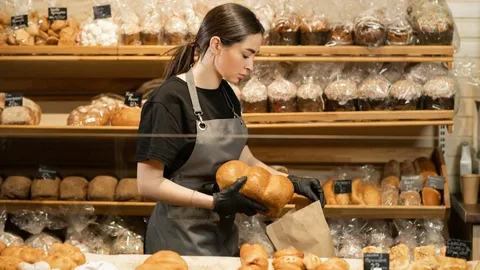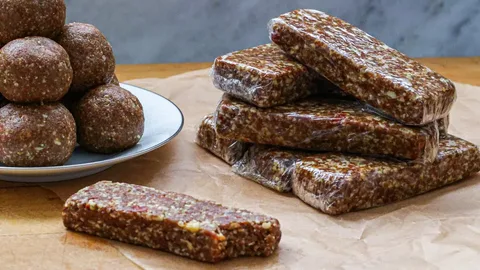
Baking without eggs may seem challenging, but with the rise of veganism and food allergies, there are now many excellent egg replacements that can be used in cakes, cookies, muffins, and other baked goods. Eggs serve multiple purposes in baking—binding ingredients, providing structure, adding moisture, and acting as a leavening agent. Therefore, when choosing an egg substitute, it’s important to understand the role eggs play in your specific recipe. Luckily, there are plant-based alternatives that can replicate these functions effectively, often using common ingredients found in most kitchens.
One of the most popular egg replacements is the flaxseed “egg.” Made by mixing one tablespoon of ground flaxseed with three tablespoons of water and letting it sit for about five minutes, this mixture becomes gel-like and works well as a binder. It’s ideal for dense baked goods like brownies, muffins, and cookies. Similarly, chia seeds can be used the same way and offer additional fiber and omega-3s.
Mashed bananas and applesauce are great options for adding moisture. One-quarter cup of either can replace one egg in most sweet recipes. They add a subtle flavor, making them perfect for banana bread, pancakes, and muffins. However, they are less suitable for recipes that require a neutral taste or where eggs provide structure, such as meringues or sponge cakes.
For leavening, a combination of baking soda and vinegar can mimic the rise that eggs provide. This duo is especially effective in cakes and cupcakes. Simply mix one tablespoon of vinegar (apple cider or white) with one teaspoon of baking soda. The fizzing reaction helps to create a light, fluffy texture.
Commercial egg replacers, like Ener-G or Bob’s Red Mill Egg Replacer, are also widely available and designed specifically for baking. They are usually made from a mix of starches and leavening agents and offer consistent results across many types of baked goods. These are especially helpful for people who want a more predictable, all-purpose solution.
Silken tofu is another substitute, especially good in recipes that require richness and density, like cheesecakes or dense cakes. A quarter cup of blended silken tofu equals one egg. It doesn’t add flavor but provides excellent structure and moisture.
Aquafaba—the liquid from canned chickpeas—is one of the most surprising and versatile vegan egg alternatives. Three tablespoons equal one egg. It can even be whipped like egg whites, making it ideal for recipes like macarons, meringues, and mousses. Though it has a mild bean smell when raw, it becomes odorless and tasteless when baked.
Conclusion
Eggless and vegan baking no longer has to feel limiting or experimental. With a wide variety of egg replacements available—ranging from pantry staples like flaxseed and bananas to specialized commercial products and aquafaba—bakers can achieve the desired texture, moisture, and flavor without compromising on quality. The key is to understand the function of eggs in each recipe and choose a substitute accordingly. With practice and the right ingredients, egg-free baking can be just as satisfying, delicious, and creative as traditional baking.


